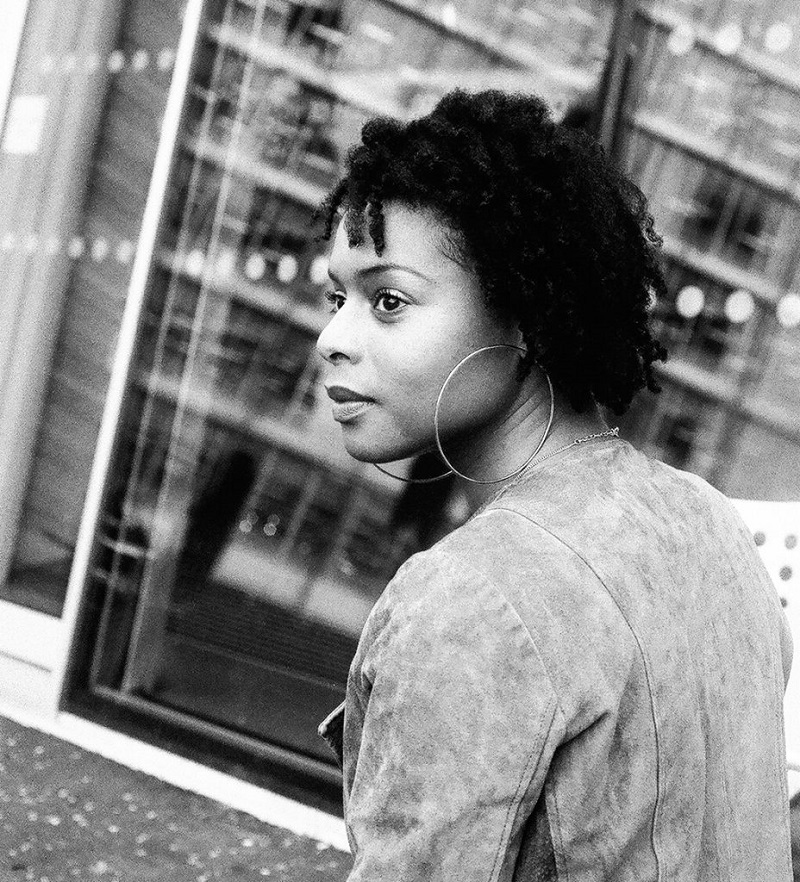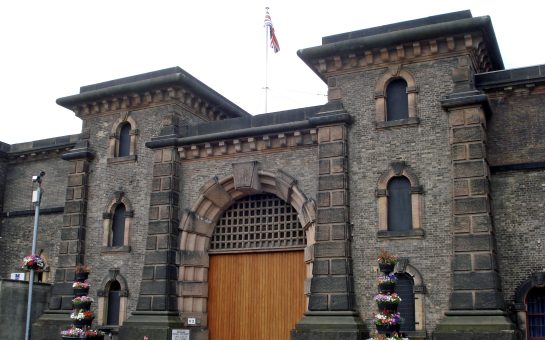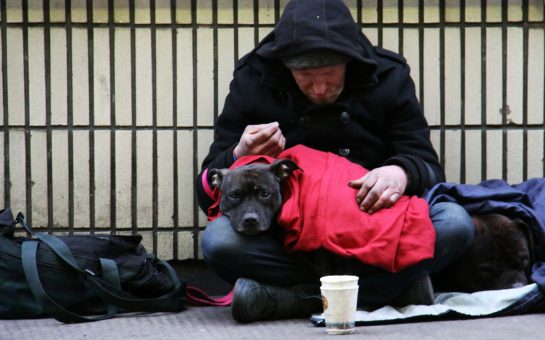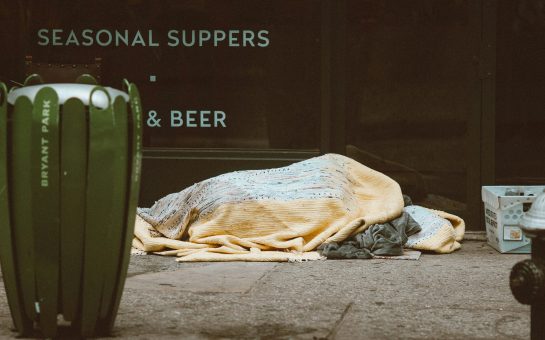Homelessness and universal credit take centre stage in this play as audiences are encouraged to intervene and change the outcome of the main character.
Rising looks at Terrence who has just been released from prison and how he navigates the benefits system, homelessness and, ultimately, how his choices influence his life.
However, there is a twist. In this forum theatre piece, after the first act the play is run again but this time audiences can intervene and make different choices to change Terrence’s outcome for the better.
Cardboard Citizens, the award-winning theatre company that is putting on the production, is taking the play to hostels, day centres and prisons to bring theatre to the most marginalised in society.
The director, Stuart Mullins, said: “Normally with these kind of projects the gratification is deferred but here you get a real sense of immediate interaction and intervention. You can really see the direct impact it has on people.”
This is partly down to authenticity as many of the actors and even the writer have experiences of homelessness making it a real reflection of the issues affecting many people.
Andre Skeete, who plays two characters in the play, was living in a hostel when he signed up with Cardboard Citizens after they did a hostel tour where he was staying.

GRATEFUL: Actor Andre Skeete plays two roles in the play.
Talking about the company, he said: “I’ve loved it and I’ve learnt a lot from Cardboard Citizens. For me personally it has really helped me develop my acting, just doing hostel tours and forum theatre and different plays has made me a better actor and I am really grateful for that.”
The play has toured hostels and prisons around the country, including Pentonville prison.
Asked if he had doubts about performing in prisons, Mr Mullins said: “You just start chatting with them and really try to normalise it.
“The prisoners really see it is as a manna from heaven. We really engage with them and it is a story that is reflecting their own experiences. They are actually some of the loveliest audiences we have had and some of the best audience input.”
There was one intervention he remembers where the prisoners wrote and performed a letter from Terrence to his mother while he is in prison, as they wanted Terrence to strengthen their relationship, and foster Terrence’s support network when he leaves prison.
Although that does not mean forum theatre does not come without its challenges.
Mr Skeete said: “I find it great in terms of people coming up with ideas about the character and thinking about the choices that the character has made, which may be reflecting on their own life and their own choices and how they can make it better.
“With forum theatre you have to be delicate sometimes with people, you don’t know their situation. But you just deal with it and try and be as delicate as possible and be empathetic.”
The writer Femi Keeling argues that even though it can be difficult sometimes, and even triggering in some cases, she has found that it has sparked really important conversations.

IMPORTANT WORK: Writer Femi Keeling. Photo-by-Naomi-Woddis
“One problem with prisons in the UK is that they are variable. And you can go in to one prison and they are very much aware of the schemes that are available to them and who they need to speak to in order to get advice and prepare for release and how they can use their time wisely when they’re inside.
“But then you go to another prison where they are understaffed where resources are stretched and that stuff is not in place so the knowledge gap between different prisons can be massive.”
Asked what she thinks needs to change, she said: “Compassion needs to increase. As somebody who was working and earning good money, I was actually working in housing funnily enough, then I became ill and then my mother asked me to leave her residence.
“And I thought oh gosh I’m going to be homeless now and I remember calling a friend of mine who works in housing and saying I think I need to present as homeless and he said there must be somewhere you can go and I said yes, but nowhere that I want to go.
“There may be places we can go but do we want to be there, are they good for us, will they benefit us, will they be good for our emotional health and our mental well being?”
Whilst this may be quite a bleak outlook, the outcome of the play is really positive according to Andre.
“One thing I would want people take away from this is choices. How easily choices can lead somewhere, what choices could they have done differently if they were in Terrence’s shoes and try and think about certain situations and the choices you have to make and the systems that you deal with.”
For more information go to www.cardboardcitizens.org.uk




